Winter squash is a warm-season vegetable that can be grown in most of the country. It differs from summer squash in that it is harvested and eaten in the mature fruit stage, when the seeds within have matured fully and the skin has hardened into a tough rind. When ripened to this stage, fruits of most varieties can be stored for use throughout the winter. Description from University of Illinois Extension
Home > Plant Guide >
Scientific Name
Family
Garden Type
Wildlife
Native Plant Region
Light needs
Water Needs
Plant Type
Bloom Color(s)
Height
Width
Months in Bloom
Safe Beneath Power Lines?
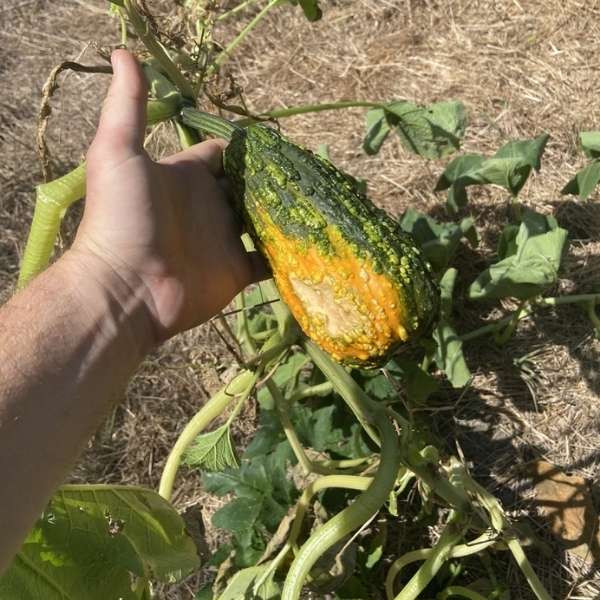
We’d like to maintain accurate and robust plant listings. If you see information that is not correct or that could be added to improve the listing, please let us know. Or if you’d like to suggest a plant to add to our plant guide, you can use this form do so. Thank you!
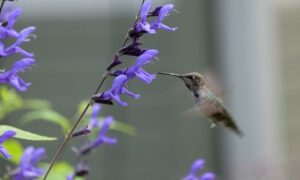
Protecting the trees and other vegetation that what we currently have is perhaps the most important way to ensure biodiversity in cities.
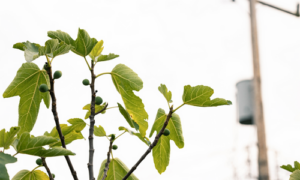
Learn about the diversity in pigeon populations in the United States and the implications of this variability on the species.
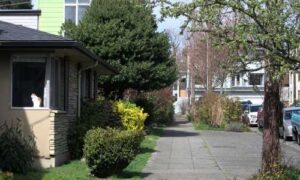
Do you wonder how a cat can be happy indoors? This presentation will give you a better understanding of cat behavior and the confidence that an indoor cat can be a happy cat.
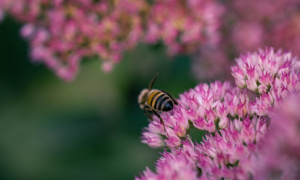
This workshop will guide you through the process and materials needed to help you decide if Mason Bees are right for you and your garden, whether you have a small deck or an open garden.
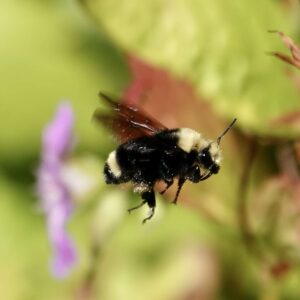
Look closer…and meet the local insects that pollinate the plants around your Seattle neighborhoods. Learn about some of our amazing native pollinating insects.
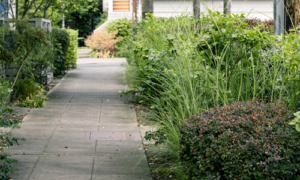
Do you want to plant a tree, create butterfly habitat, or start a vegetable garden but don’t have a yard? Learn how planting strips are a great place to start your own garden!
Nature of Your Neighborhood is a collaboration between Birds Connect Seattle, the Capitol Hill EcoDistrict, and the Seattle Bird Conservation Partnership. Our goal is to foster relationships between the people and the nature of their neighborhoods.